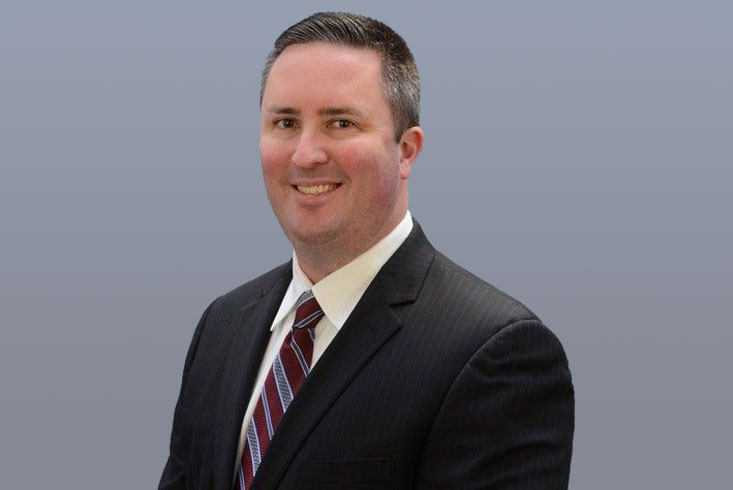The Practice You Buy Won’t Look Like Dental School
If you’re a recent graduate or associate dentist used to working in a sleek, corporate-run office with cutting-edge tech, it’s easy to feel underwhelmed when walking into an older, privately owned practice.
The chairs might be beige. The computers may still be running Windows 7 (or not present at all). Paper charts may be stacked in file cabinets.
Your first reaction might be:
“This isn’t what I imagined owning.”
But here’s the thing:
That imperfection could be your opportunity.
Don’t Confuse Aesthetics With Value
Dental practices aren’t sold based on décor—they’re sold based on:
-
Active patients
-
Stable cash flow
-
Hygiene recall systems
-
Staff relationships
-
Community reputation
An office with dated finishes but strong financials is far more valuable than a stylish, high-tech office bleeding money.
Think of the existing practice as the foundation—not the finished product.
You’re Not Paying for the “Shiny Stuff” (Yet)
Practices with brand-new equipment and digital systems often command premium prices—and may not leave much room for you to add your personal touch.
But when you buy a practice that needs updating:
-
The sale price often reflects the condition
-
You gain instant equity by making smart improvements
-
You can prioritize the upgrades that matter most to you
It’s the dental equivalent of buying the “good bones” house.
Upgrading on Your Timeline = Financial Control
Many practices can operate profitably without full digital conversion—especially in the short term. By phasing upgrades over time, you can:
-
Keep monthly expenses lower
-
Avoid overextending on loan payments
-
Use profits to reinvest at your own pace
Bonus: Many equipment upgrades can be written off via Section 179 tax deductions, improving cash flow.
Patients Aren’t Choosing You for the Scanner
Yes, digital workflows matter—but most patients stay with a dentist because of:
-
Clinical outcomes
-
Personal relationships
-
Comfort and trust
If a practice has a loyal patient base and strong hygiene retention, the lack of a CBCT scanner isn’t a red flag—it’s an invitation to add your vision and elevate the practice over time.
Think Like an Owner, Not Just a Clinician
As a buyer, your job isn’t just to find a practice that feels like your ideal office today. It’s to find a business you can build and grow into your ideal practice.
Here’s what ownership-minded buyers ask:
-
What’s the real cash flow after expenses?
-
How many patients are in hygiene and recall?
-
What procedures are currently referred out?
-
How can I increase efficiency or add value?
Answering these questions is how you transform a basic practice into a powerhouse—and how you grow your net worth in the process.
Real Example: Turning Dated Into a Dream
A recent buyer we worked with acquired a practice that had:
-
3 ops
-
Paper charts
-
Film X-rays
-
Worn carpet and faded wallpaper
But it also had:
-
1,200 active patients
-
$600K in annual collections
-
A 50% overhead rate
-
Zero marketing spend
Within two years, the buyer added digital X-rays, updated flooring, implemented a patient communication system, and brought hygiene recall up by 30%.
The result: Revenue exceeded $1M, and the practice doubled in value—without taking on excessive debt upfront.
Look for Potential, Not Perfection
The perfect practice isn’t the one with the newest equipment. It’s the one with the right foundation, loyal patients, and room to grow.
So when you tour an office and notice outdated décor or paper charts, ask yourself:
Can I work with this now—and build it into something amazing later?
If the answer is yes, you may have found more than just a practice—you’ve found your future.
Ready to Find Your Future?
At American Practice Consultants, we help buyers look past surface-level impressions and uncover the true value in dental practices across New Jersey and Eastern Pennsylvania.
📞 Contact us today for a buyer consultation and see listings that offer real growth potential—not just modern finishes.



